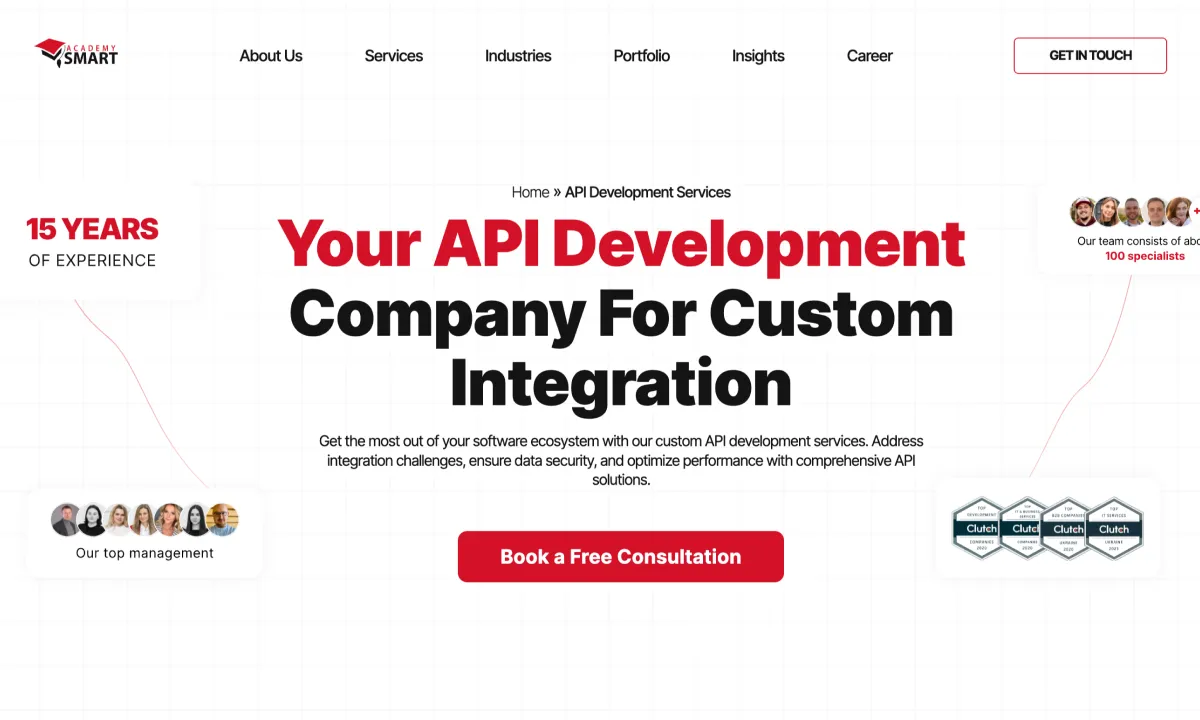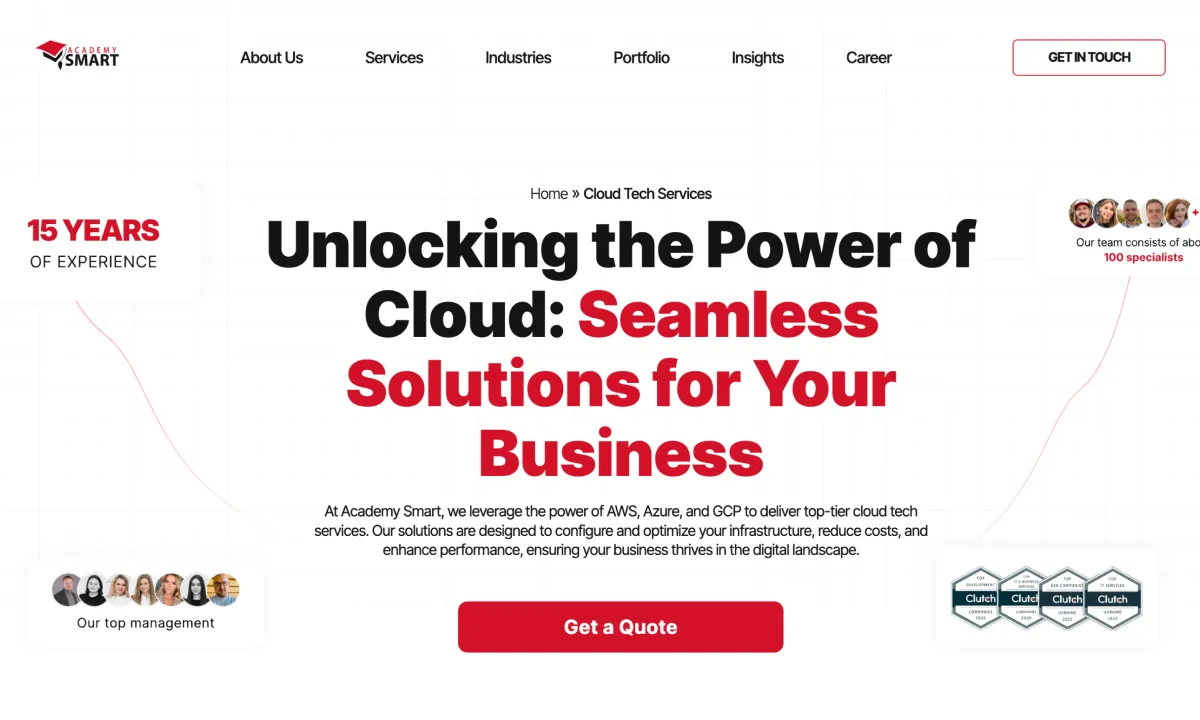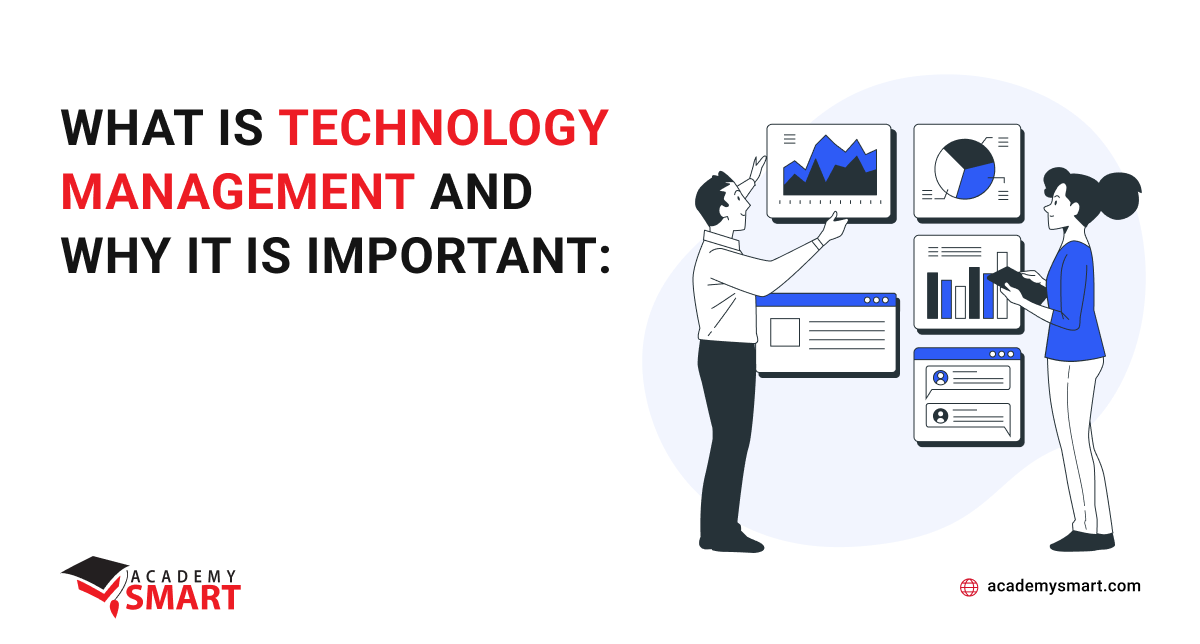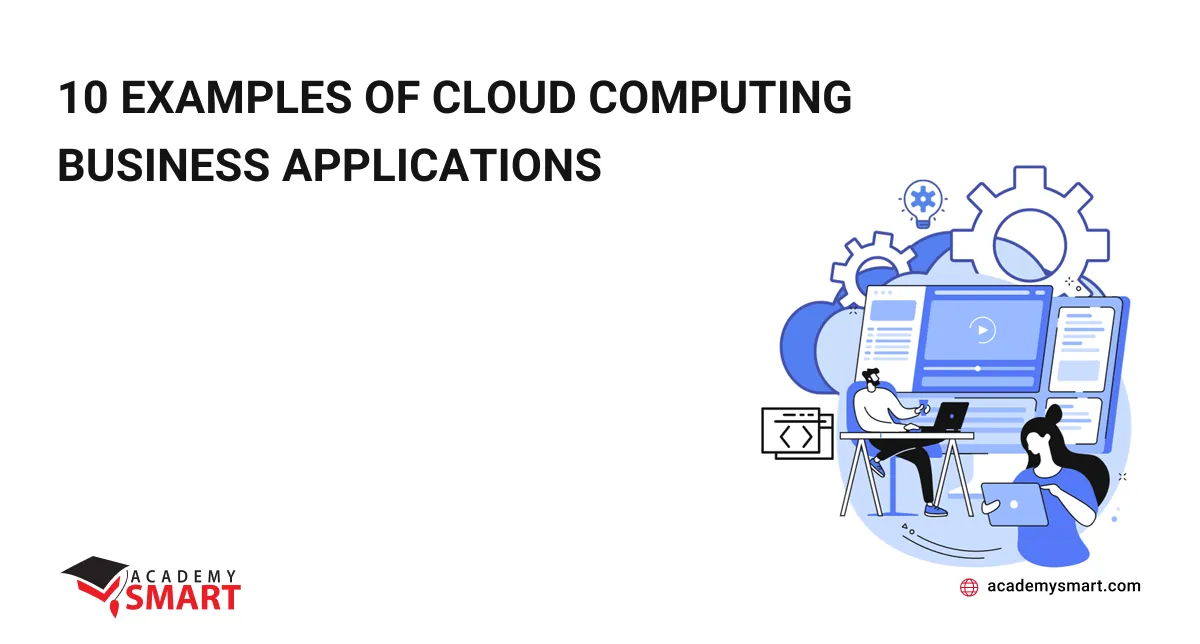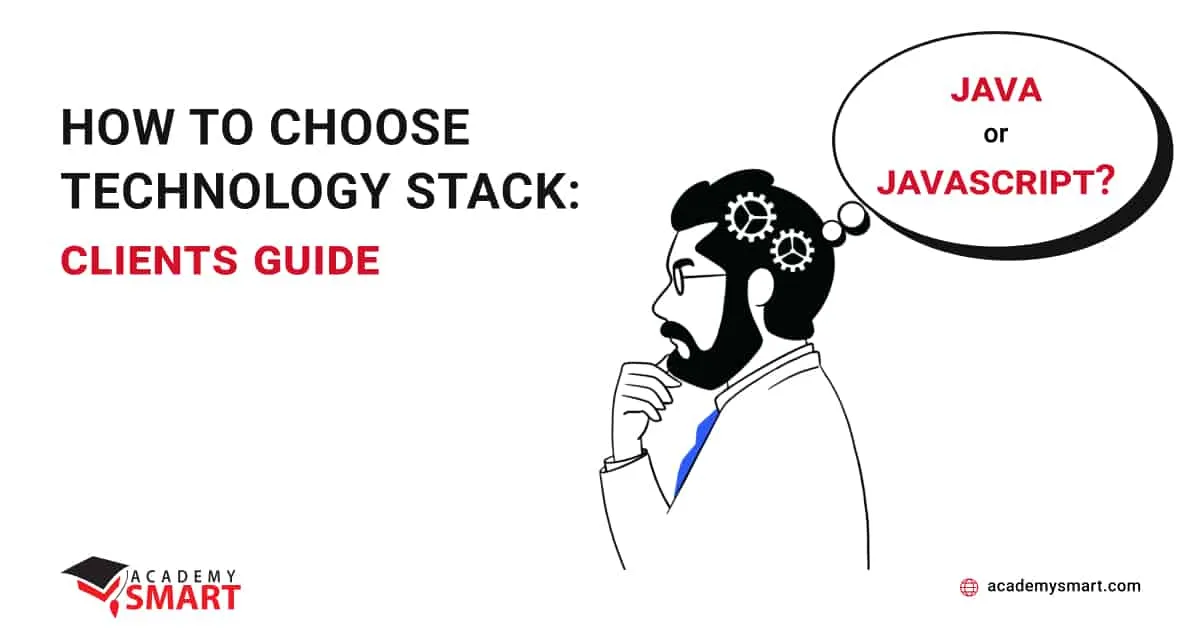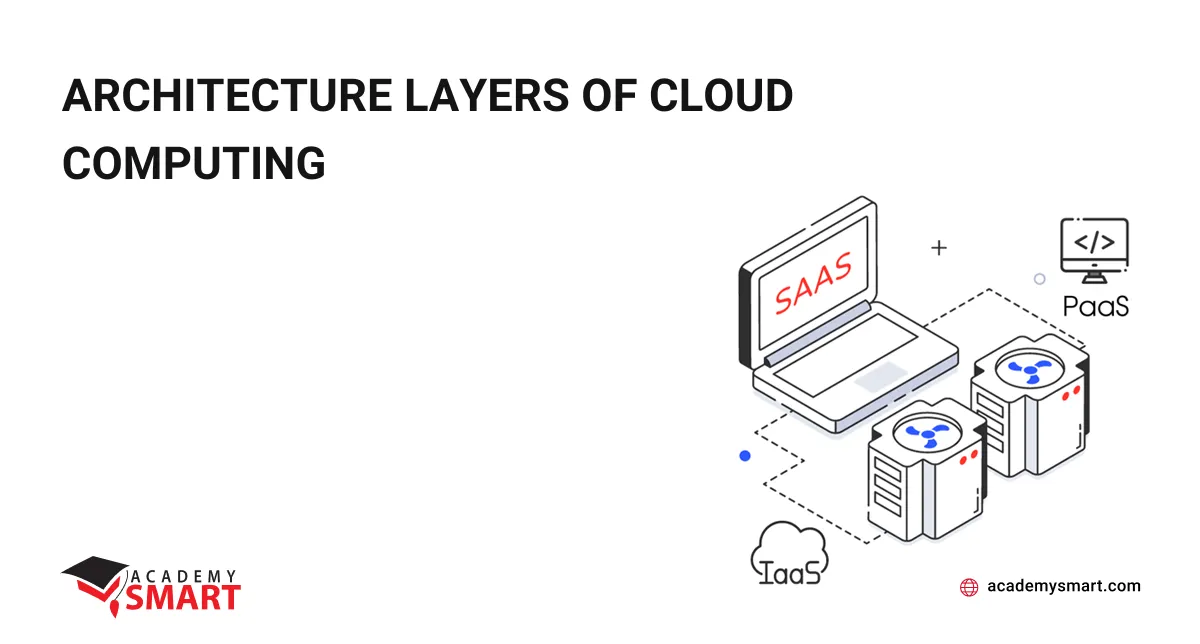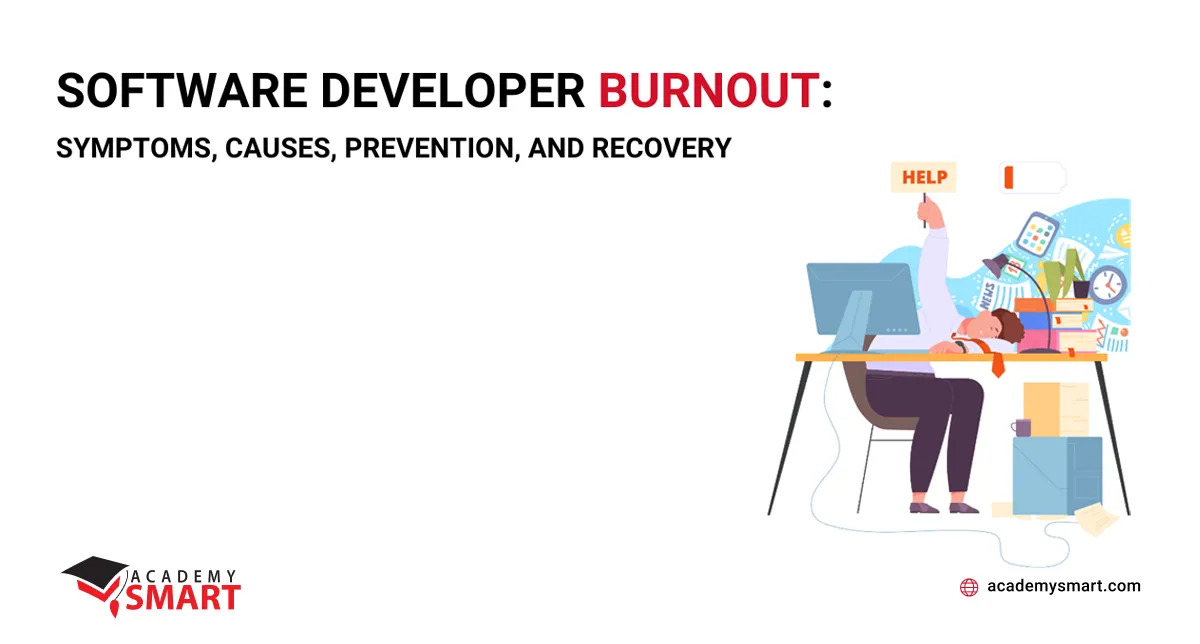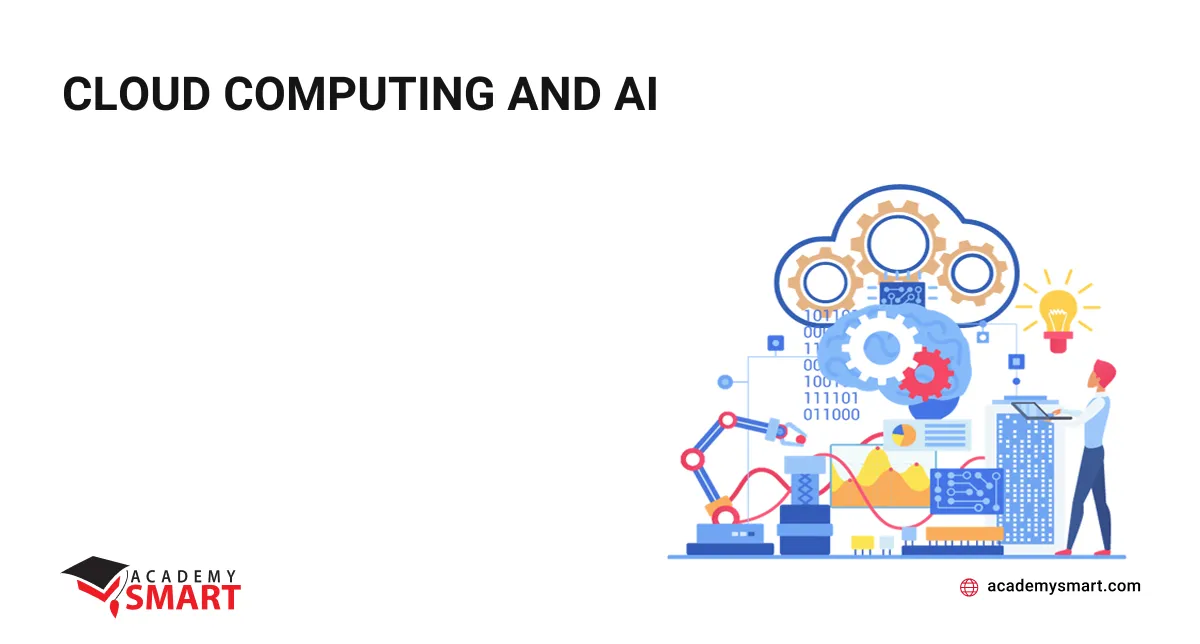
Cloud Computing and AI
Contents
Many large companies have already tested the effectiveness of combining cloud computing and artificial intelligence to optimize business processes in practice, laying the foundation for sustained interest in the capabilities of these IT technologies. The seamless integration of AI with the cloud’s scalability offers enterprises exceptional opportunities to enhance operations, customer experiences, and data-driven insights. It’s time to consider how you can use the benefits of AI in cloud computing and learn about the main directions of development in this industry.
AI in Cloud Computing: Use Cases
As you know, cloud computing delivers computing services over the Internet, including servers, storage, databases, and software. It offers on-demand access to computing resources, enabling organizations to scale and pay only for what they use, eliminating the need to maintain extensive IT infrastructure.
AI refers to machines simulating human intelligence, performing tasks that traditionally require human cognitive abilities. It encompasses narrow AI designed for specific tasks and general AI capable of diverse intellectual tasks. AI relies on complex algorithms and machine learning models trained on substantial datasets, which you can learn more about in the article “What is Artificial Intelligence and how to use it.”
AI and cloud computing usually coalesce in automating data analysis, management, security, and decision-making processes. The scalability, flexibility, and accessibility of cloud platforms fuel such a collaboration. Integration of cloud computing with AI most often takes the form of the following applications and services:
- Chatbots
AI-driven chatbots, powered by natural language processing, leverage cloud platforms for data storage and processing. They streamline customer interactions, offering instant and efficient service. - Business Intelligence (BI)
Cloud-based AI in BI gathers and analyzes market data, target audience information, and competitor insights. In the cloud, predictive analytics models empower enterprises to make data-driven decisions. - Internet of Things (IoT)
Cloud architectures store and process data generated by AI platforms on IoT devices, enhancing the capabilities of connected devices. - AI-as-a-Service (AIaaS)
Public cloud vendors provide AI outsourcing services, enabling companies to deploy off-the-shelf AI applications at reduced costs. That promotes experimentation with artificial intelligence without risking primary infrastructure. - Cognitive cloud computing
Cognitive computing, using AI models to replicate human thought processes, finds applications in finance, retail, healthcare, and more. Cloud platforms offer cognitive insights as a service.
Of course, at the current stage, it is too early to talk about the possibility of using AI cloud computing for almost any task, since providing adequate infrastructure for large-scale artificial intelligence applications is still a severe challenge even for industry titans like Amazon Web Services, Microsoft Azure, and Google Cloud. However, this area is actively developing, approaches and software are being improved, and many companies today can already use efficient and cost-effective cloud-based artificial intelligence apps with a wide variety of business features.
AI Cloud Computing Benefits
Integrating artificial intelligence with cloud computing brings many benefits that revolutionize business operations and decision-making procedures.
Cost-effectiveness
One of the most significant advantages lies in cost savings. The traditional model of running ML models on expensive enterprise data center machines is now replaced by the cost-effective public and private cloud infrastructure. The subscription-based model transforms capital expenditures into operational expenses, making AI more affordable for businesses. Cloud deployment also ensures risk-free experimentation and testing of various AI models.
Productivity enhancement
AI-based algorithms historically demanded substantial administrative time for building, testing, and deploying in traditional environments. The advent of a centrally managed hybrid cloud or public cloud eliminates the need for extensive manual effort. IT staff can redirect their focus from repetitive tasks to more strategic endeavors, fostering increased productivity.
Agility and accessibility
Leveraging the cloud provides businesses with a virtually limitless pool of resources for training AI models, analyzing extensive datasets, and extracting actionable insights. This scalability ensures that AI applications can handle varying workloads, from experimentation to large-scale production. Additionally, cloud-based AI services follow a pay-as-you-go model, optimizing resource utilization and providing flexibility for companies of all sizes.
Enriched data management
Managing vast amounts of data becomes more efficient by combining AI and cloud computing. Cloud-based data lakes serve as integrated repositories, offering real-time data management, classification, and cataloging tools. AI-powered apps simplify database queries, enhancing the accuracy of results.
Automation for streamlined workloads
Integrating AI with cloud computing enables the automation of routine processes and the optimization of workloads. In a hybrid cloud setting, AI tools can monitor, manage, and self-heal individual cloud components, further enhancing operational efficiency.
Better SaaS tools integration
AI algorithms are seamlessly implemented into mainstream Software-as-a-Service tools, adding value and functionality for business applications and services.
Improved security
While data security in the cloud is a concern, the integration of AI fortifies network security. AI-powered tools excel in error spotting, threat detection, and fraud prevention, providing superior access management. The cloud’s scalable and resource-intensive nature is tailor-made for hosting AI-powered security applications.
Advanced analytics
Cloud computing artificial intelligence provides real-time analysis of data residing in cloud workloads, enabling the development of native analytics, prognostics, and dashboards. These capabilities are particularly beneficial for deriving insights from Big Data processing.
The skillful combination of the advantages of cloud technologies and accurate artificial intelligence algorithms makes it possible to create software applications in a wide variety of areas that are amazingly efficient and easy to use, such as the enterprise real estate utility House Plus from our portfolio.
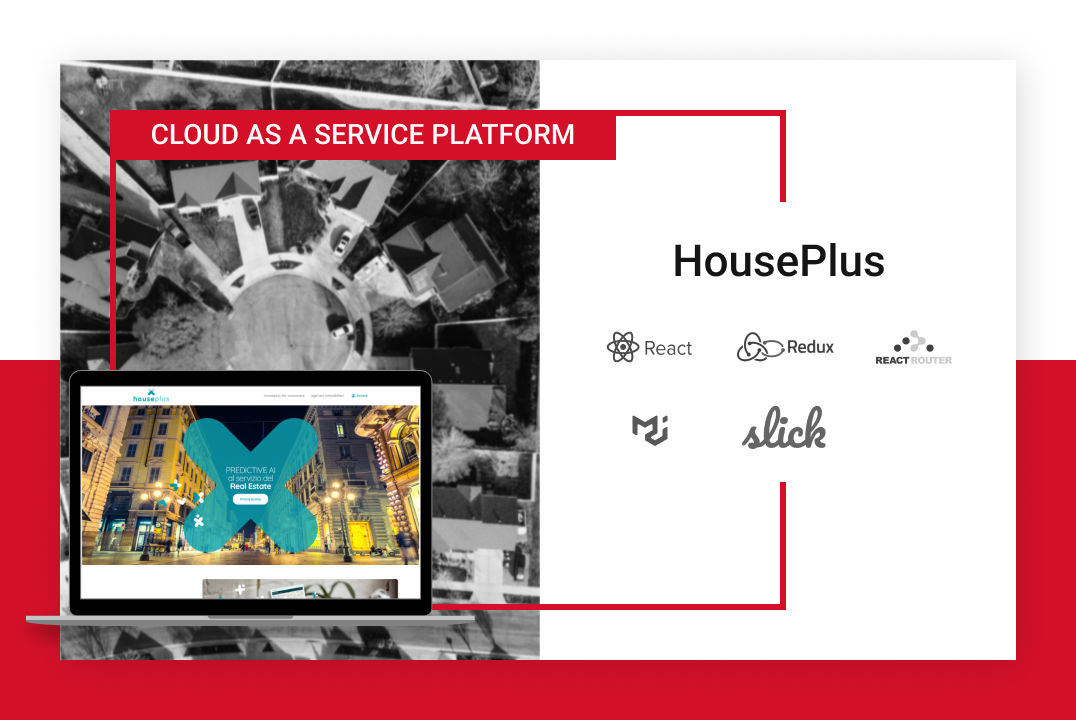
Cloud-based AI-driven real estate application
Prospects for Сloud Сomputing with AI
Cloud platforms eliminate the need for massive on-premises hardware, empowering startups and enterprises to leverage machine learning, natural language processing, and computer vision. Hybrid cloud solutions are emerging as the preferred habitat for AI cloud computing. Looking ahead, the future of AI in cloud computing holds several promising trends.
AI-powered cloud automation tools are set to streamline resource provisioning, security monitoring, and performance optimization processes. Intelligent analytics will witness continuous improvement, enhancing data analysis speed and accuracy.
Machine learning will find increased applications, particularly in predictive maintenance, fraud detection, and natural language processing. The emphasis on security is expected to grow, with AI-powered solutions at the forefront of detecting and responding to emerging threats in real time.
Cooperation in cloud environments will become more sophisticated, facilitated by AI-powered chatbots, virtual assistants, and automated workflows. Personalization will surge, with AI analyzing user behavior to offer tailored experiences.
Edge computing, a rising trend in cloud architecture, will expand with the optimization capabilities of artificial intelligence, promising faster processing and efficient resource utilization. The greatest expectations for cloud-based AI’s performance lie in progress in quantum computing in the near future.
Of course, to maintain the current state of your IT infrastructure, it is essential not only to predict the direction of technology development but also to have a competent team capable of timely mastering and implementing modern software solutions.
Utilize Our Experience to Integrate Machine Learning and Cloud Computing
Explore our option to augment your team with expert AI/ML and cloud computing programmers. Quickly hire Python, Java, Go, and JavaScript specialists and experienced PMs to enhance your development capabilities.
Contact us to get the strategic edge that AI-powered cloud data processing provides.
Frequently Asked Questions: Cloud Based AI
Which companies engage in cloud computing and AI?
Famous tech companies like Amazon Web Services, Microsoft Azure, Google Cloud Platform, IBM Cloud, and Oracle Cloud devise innovative cloud computing and AI solutions. They provide cloud infrastructure and AI services to businesses and developers, enabling them to leverage advanced technologies for various applications.
What is a major benefit of working with a ready-to-use cloud-based artificial intelligence?
It is the immediate accessibility of advanced AI capabilities without requiring extensive infrastructure setup, allowing enterprises to streamline development processes and focus on efficiently implementing AI solutions.
Book a free consultation

Reach out to start talking today!

